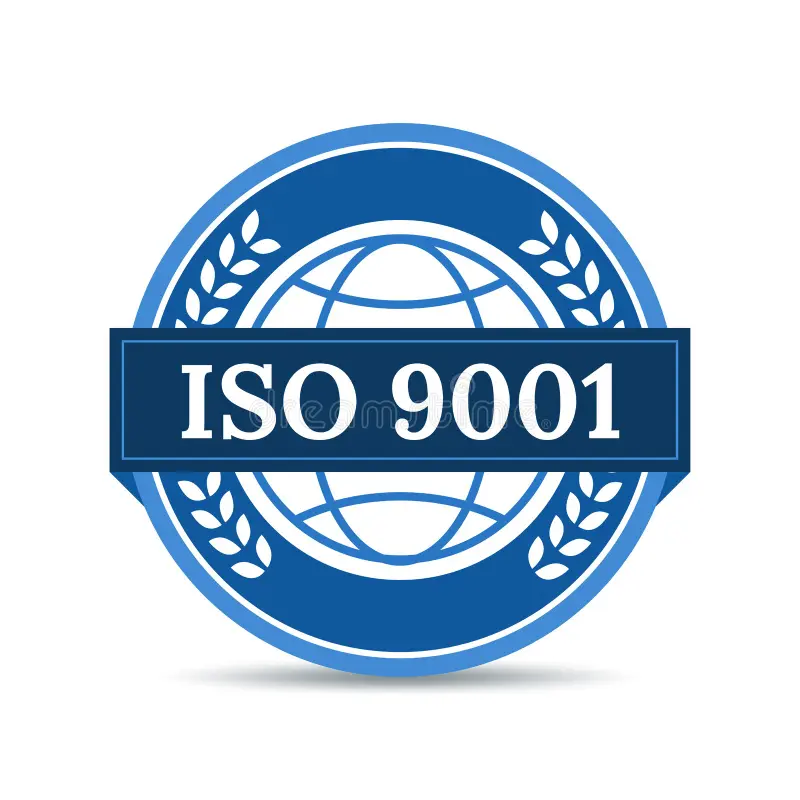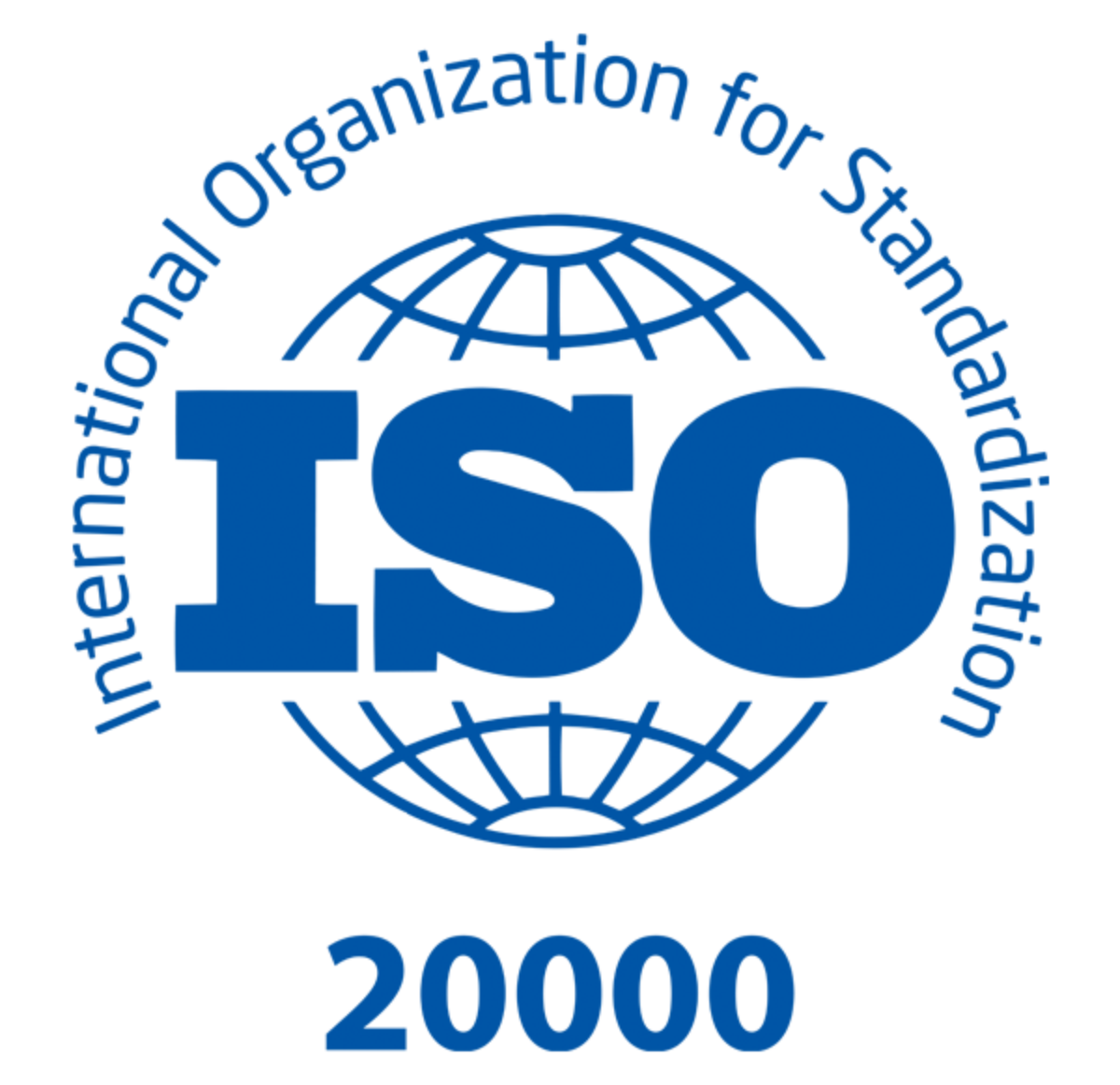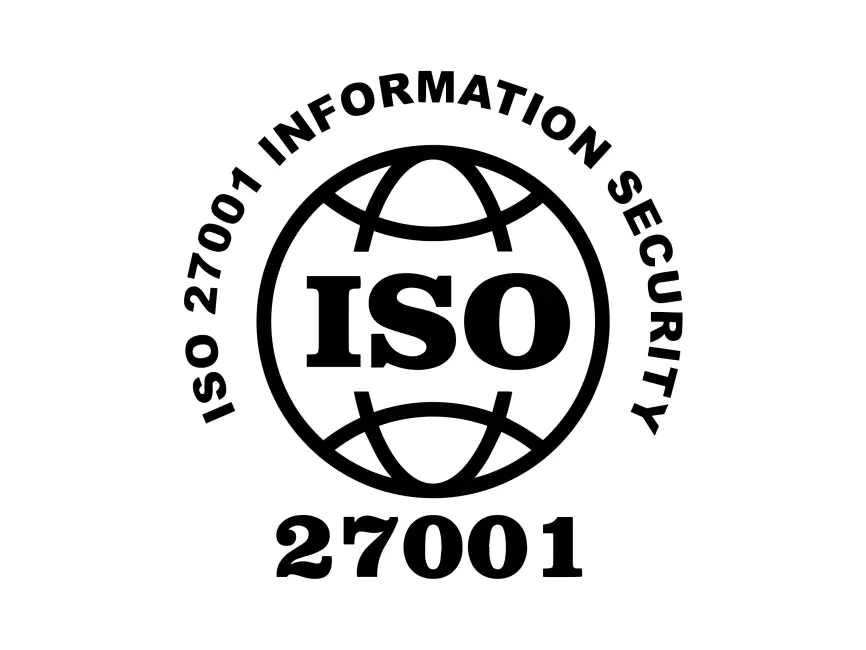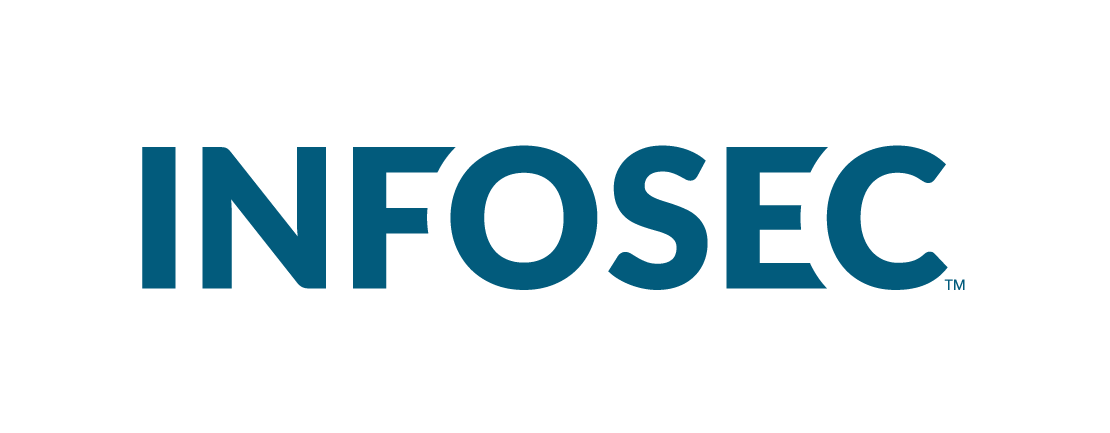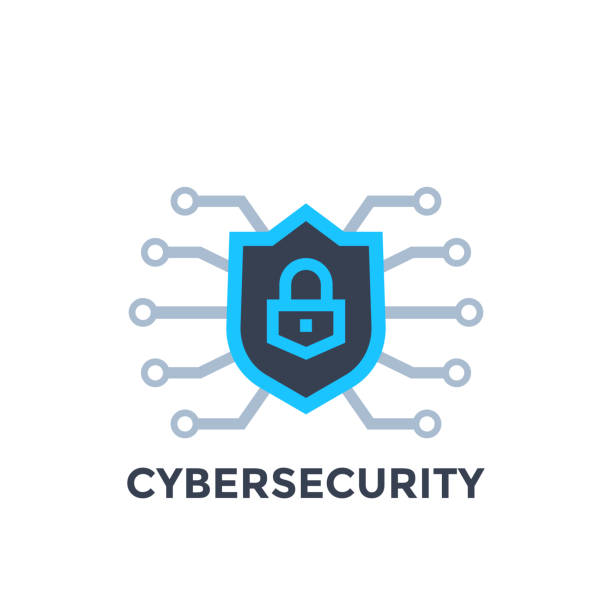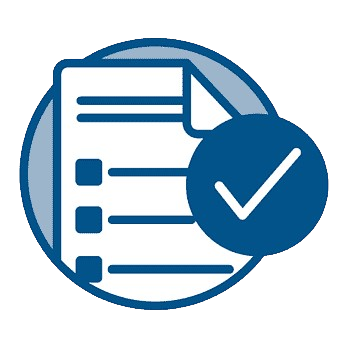Book Appointment Now
Process
ITSM
ITSM, or Information Technology Service Management, refers to the processes and policies that organizations use to design, deliver, manage, and improve the IT services they provide. The goal of ITSM is to ensure that IT services meet the needs of the business and its users, providing value through effective IT service delivery.
Key aspects of ITSM include:
- Service Strategy: Aligning IT services with business goals.
- Service Design: Designing the IT services, including infrastructure, applications, and processes.
- Service Transition: Ensuring smooth transitions of new or changed services into production.
- Service Operation: Managing the day-to-day operations of IT services.
- Continuous Service Improvement (CSI): Improving IT services based on feedback, performance, and changing business needs.
Our Offerings in Information Technology Service Management (ITSM)
ITIL Foundation (ITIL F)
Benefits: Gain foundational knowledge of ITSM, improve service quality, and enhance career prospects in IT service management.
ITSM
Benefits: Learn to align IT services with business objectives, reduce downtime, and enhance customer satisfaction through efficient IT service management.
ITIL Advanced (ITIL Adv)
Benefits: Master advanced ITIL concepts, qualify for senior ITSM roles, and optimize IT service delivery in your organization.
Project Management(PM)
Project Management (PM)
Benefits: Develop essential PM skills, improve project delivery, and enhance career opportunities in management roles.
Microsoft Project (MSProject)
Benefits: Enhance your efficiency in project planning, streamline task management, and better control project execution.
PRINCE2
Benefits: Acquire a globally recognized certification, improve project outcomes, and enhance employability in complex project environments.
PRINCE2 Agile
Benefits: Gain expertise in agile project management, adapt to changing project needs, and increase project delivery speed and flexibility.
Project Management(PM)
Sagar Consultants offers comprehensive ISO training programs designed to help organizations implement, manage, and audit various international standards across industries. Their courses cover a wide range of ISO standards, including ISO 9001 for Quality Management, ISO 20000 for IT Service Management, ISO 27001 for Information Security, and more. These training sessions equip professionals with the knowledge and skills to ensure compliance, improve operational efficiency, and achieve certifications that boost credibility and trust with clients and stakeholders.
ISO 9001
Benefits: Enhance organizational quality, improve customer satisfaction, and boost credibility with ISO 9001 certification.
ISO 20000
Benefits: Improve IT service quality, optimize processes, and gain recognition as an efficient IT service provider.
ISO 27001
Benefits: Strengthen your organization’s data security, reduce risks of breaches, and gain a competitive edge with ISO 27001 certification.
ISO 32000
Benefits: Ensure secure, reliable document sharing, improve compliance with document standards, and support universal document access.
ISO 34000
Benefits: Enhance HR management, improve workforce satisfaction, and ensure compliance with employment regulations.
(Governance, Risk, and Compliance) GRC
Sagar Consultants offers specialized GRC (Governance, Risk, and Compliance) training programs designed to help organizations effectively manage governance frameworks, mitigate risks, and ensure compliance with legal and regulatory standards. Their courses cover essential aspects of GRC, including risk identification, regulatory adherence, and governance practices, equipping professionals with practical tools and strategies to integrate GRC into their operations seamlessly.
Information Security (Infosec)
Benefits: Enhance your ability to protect sensitive data, reduce security breaches, and ensure regulatory compliance with industry standards.
Vulnerability Management
Benefits: Improve system resilience, reduce the risk of exploitation, and proactively safeguard your organization from threats.
Cybersecurity
Benefits: Strengthen your organization’s cybersecurity defenses, mitigate cyberattacks, and stay ahead of emerging digital threats.
Incident Management
Benefits: Improve your incident response capabilities, reduce downtime during breaches, and maintain business continuity.
Risk Management
Benefits: Minimize potential threats, improve decision-making, and ensure sustainable business operations through effective risk management.
Compliance Management
Benefits: Ensure legal and regulatory compliance, avoid penalties, and enhance your organization’s reputation through strong compliance practices.






